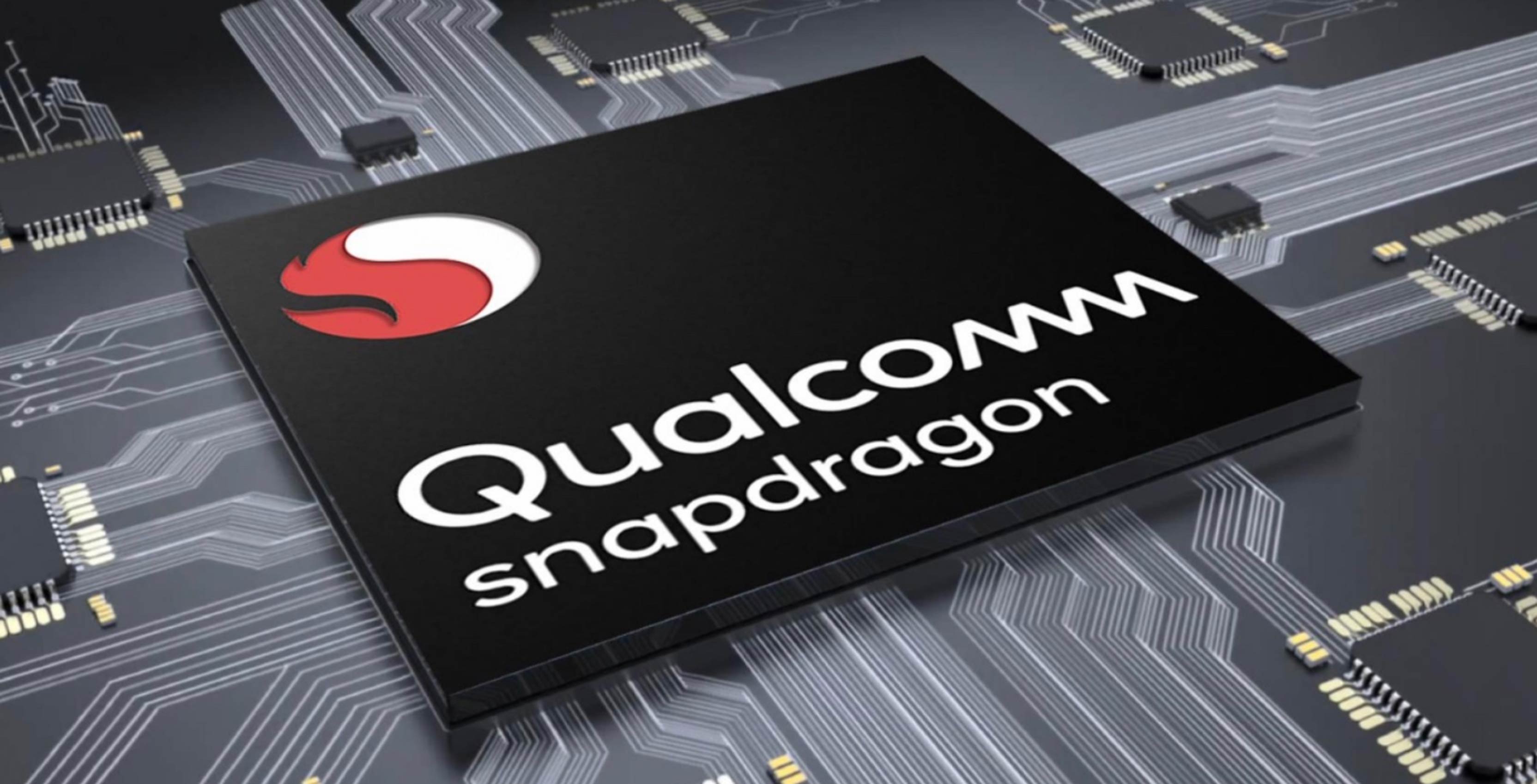Qualcomm Snapdragon 8 Gen 4 — Everything we’re expecting from the next big Android chipset
What to expect from the Android phones of tomorrow

While MediaTek has made great strides with its Dimensity chipset in recent years, the majority of the world’s best Android phones still adopt a Qualcomm Snapdragon 8 chipset.
So what can we expect from the Qualcomm Snapdragon 8 Gen 4? Here’s everything we’ve heard so far.
Qualcomm Snapdragon 8 Gen 4: Release date
Since the Snapdragon 8 first burst onto the scene in 2021, Qualcomm seems to have adopted an 11-month release cycle. The Gen 1 arrived in December 2021, the Gen 2 followed the following November and the Gen 3 arrived last October.
Were that pattern to hold, you’d expect Qualcomm to announce the Snapdragon 8 Gen 4 chipset in September — but the company has already revealed that its Snapdragon Summit will take place in October. Of course, that could still be weeks ahead of 2023’s corresponding event that took place from the 24th to the 26th of the month.
A couple of week’s difference has less impact than you might think. Historically, it’s taken some time for the new chipset to filter down to commercially available smartphones after its big unveiling. Expect a lag of one to two months before the first Snapdragon 8 Gen 4-powered phones debut, with the first couple arriving before the end of 2024.
Qualcomm Snapdragon 8 Gen 4: Which phones will get it?
According to the reliable leaker Yogesh Brar, Xiaomi will be first out of the gates with a Snapdragon 8 Gen 4-powered phone: the Xiaomi 15 series. That’s unsurprising, given it was the same story with the Snapdragon 8 Gen 3 chip in its 2023 Xiaomi 14 handsets.
After that, the leaker believes that handsets from OnePlus and IQOO will follow, but these are expected to be released for the Chinese market. For US buyers, Samsung is likely to be the first smartphone maker to market, with the Samsung Galaxy S25 expected to quickly adopt the new tech early in 2025.
Sign up to get the BEST of Tom's Guide direct to your inbox.
Get instant access to breaking news, the hottest reviews, great deals and helpful tips.
Qualcomm Snapdragon 8 Gen 4: Specs and performance
According to early leaks, the Snapdragon 8 Gen 4 will be a 3nm chip built by TSMC. Rather than the 1 + 3 + 4 layout seen in the Snapdragon 8 Gen 3, the upcoming chip will reportedly feature a 2 + 6 design with no efficiency cores at all. All of this will come with a giant boosted clockspeed, jumping from 3.3GHz to 4GHz, or potentially to 4.26GHz if a rumor of a last-minute change in order to better compete with the iPhone 16 is accurate.
What does that mean in practice? Well, an early leaked benchmark suggests that the Snapdragon 8 Gen 4 will be a serious competitor to Apple’s own A-series processors.
It apparently achieved a score in the region of 3,500 for single-core performance, which not only beats our tested scores for the iPhone 15 Pro (2,890) and Samsung Galaxy S24 Ultra (2,300) but matches leaked measurements for the upcoming iPhone 16 Pro’s A18 chip too (also 3,500). While exact figures weren’t given, the multi-core score reportedly beats the A18’s supposed 8,200 figure too.
Gaming with the expected Adreno 830 GPU should be extremely impressive too. In a now-deleted post on X, the leaker Revegnus suggested it could top the Apple M2 computer chipset in graphical performance with a score of 7,200 in the 3DMark Wild Life Extreme benchmark test. Take that with a pinch of salt, of course: it may have been deleted because it turned out to be wrong.
All of this could have a knock-on effect on efficiency, and therefore the size of the battery required.
The leaker Digital Chat Station claims to know of three handsets in development with 5,500mAh batteries and featuring “high-density battery core materials” to prepare for the power needs of the new Snapdragon chipset. Some might even be targeting 6,000mAh, which may lead to chunkier handsets — though nothing quite as thick as Energizer’s upcoming 28,000mAh effort.
It’s also been reported that Qualcomm will beat Apple to the punch by supporting faster LPDDR6 RAM in Android phones, which could help with on-device AI processing. Though, of course, it’s up to individual manufacturers to decide whether they want to include that particular memory upgrade.
Qualcomm Snapdragon 8 Gen 4: Outlook
The raw power of the Qualcomm Snapdragon 8 Gen 4 certainly sounds appealing — especially with manufacturers increasingly keen to show off the power of generative AI on devices without having to rely on the cloud.
But the possibly greater battery demands certainly sound worrying. With current smartphones fast enough for most people, and the convenience of on-device AI yet to be demonstrated as a must-have feature, it’s debatable whether consumers will accept chunkier designs and/or weaker battery life as a price worth paying.
For now, much of this is rumor, and plenty can change between now and October. But it wouldn’t be surprising if the final chip was a little less ambitious to ensure portability and stamina aren’t sacrificed against consumers’ wishes.
Freelance contributor Alan has been writing about tech for over a decade, covering phones, drones and everything in between. Previously Deputy Editor of tech site Alphr, his words are found all over the web and in the occasional magazine too. When not weighing up the pros and cons of the latest smartwatch, you'll probably find him tackling his ever-growing games backlog. Or, more likely, playing Spelunky for the millionth time.

